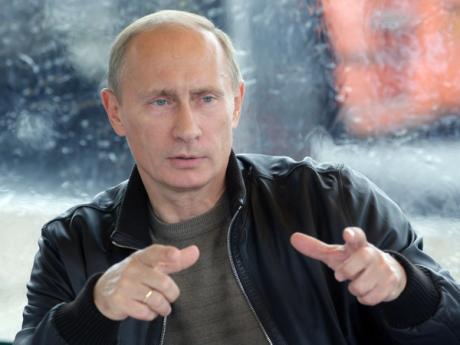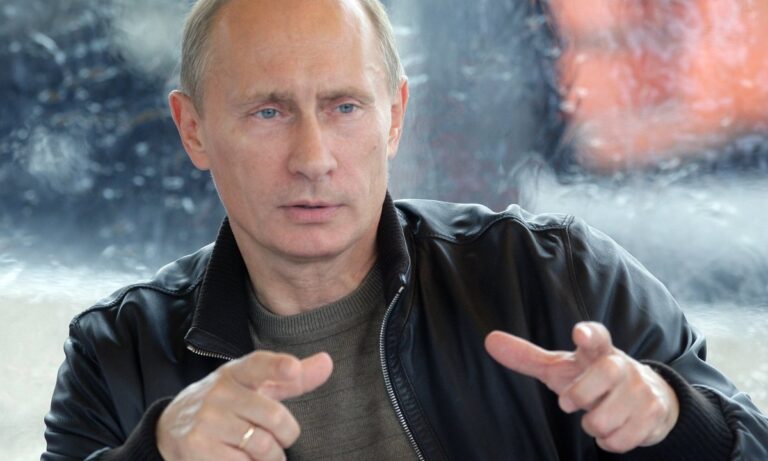
President Vladimir Putin’s bid for another term in office kicked off with events at two major cultural venues in Moscow: one a magnet for hipsters, the other a revitalized Stalin-era fairground.
They were held against a new wave of cultural repression, as authorities this week declared the region’s most famous author of historical novels, Boris Akunin, a terrorist for his opposition to Russia’s invasion of Ukraine. Akunin has been abroad in self-imposed exile since Russia’s annexation of Crimea in 2014. Now in Russia his books are being seized and his name erased from public view.
Analysts say the case against Akunin could open the door to similar charges against any cultural activist, including artists. Last month, St. Petersburg artist Sasha Skochilenko was sentenced to seven years in a penal colony for replacing supermarket labels with information about the destruction of Mariupol in Russia.
The presidential elections, scheduled for March 2024, will be for Putin’s fifth term. He has been in office since 1999, including two terms as Prime Minister. His candidacy was formally presented by a group of supporters on December 16, including cultural figures, at the Putin-approved Zaryadye Concert Hall in a park near the Kremlin designed by Diller Scofidio + Renfro of New York’s High Line. The place attracts a trendy crowd.
A second campaign rally was held on December 17 at the VDNH, a fairground built in the 1930s initially to glorify Soviet economic achievements under the rule of dictator Joseph Stalin. It has been renovated in the last decade as a museum and exhibition space with an increasingly propagandistic content.
On November 4, the National Unity Day holiday, an exhibition promoting Russia’s current achievements opened in VDNH’s elaborate pavilions, including stands dedicated to the territories Russia has annexed from Ukraine since the 2022 invasion: the Donetsk People’s Republics and Luhansk and parts of Kherson and Zaporizhzhia. regions
The exhibition, titled Russia, was timed by its Kremlin organizers, who spent billions of rubles on it, to coincide with Putin’s presidential campaign. He toured regional stands, including those of annexed territories. Earlier this month he toured the main pavilion showcasing “Patriotism” and a Kremlin program called “Russia – Land of Opportunity.”
The Kremlin’s United Russia political party held its congress at the VDNH on December 17 in support of Putin’s candidacy. Boris Piotrovsky, St. Petersburg’s deputy governor in charge of culture and son of the director of the State Hermitage Museum, Mikhail Piotrovsky, wrote on his Telegram channel after the party congress showed unanimous support for Putin: “It could not be otherwise. After all, Vladimir Putin is a safe and stable future.”
The younger Piotrovsky is often mentioned as his father’s successor in the Hermitage. Major Piotrovsky, who is coy on the subject, had in turn succeeded his father. Russian media reports that Mikhail Piotrovsky, who has expressed his support for Russia’s invasion of Ukraine, is expected to be appointed as an official representative of Putin’s presidential campaign as he has been in the past.
In a recent interview with Russia RBC he referenced museum pieces from the war zone and said that the primary role of museums in war is to “preserve artifacts” and not “maintain neutrality.” He said no information could be released about “where things were taken, how secure they are.”
Mikhail Piotrovsky added: “We are working to help restore museums in new territories. In particular, we are dealing with the issue of a museum in Mariupol, the sister city of St. Petersburg. The museum there was destroyed, but things were preserved. Our position is that restoration plans should always include reconstruction plans and even the creation of a new museum. I think we should strive to create new things.”

